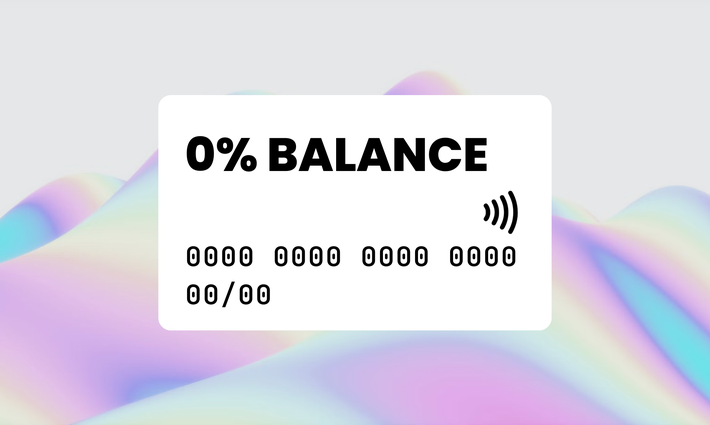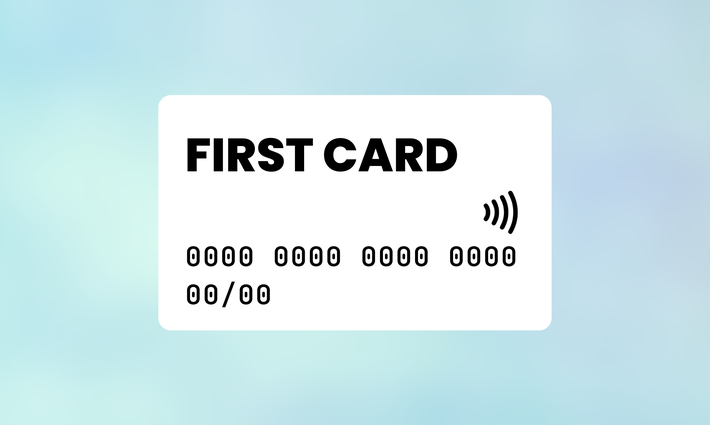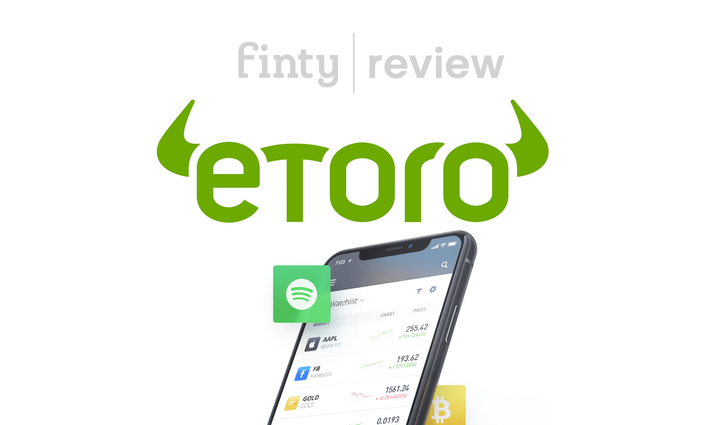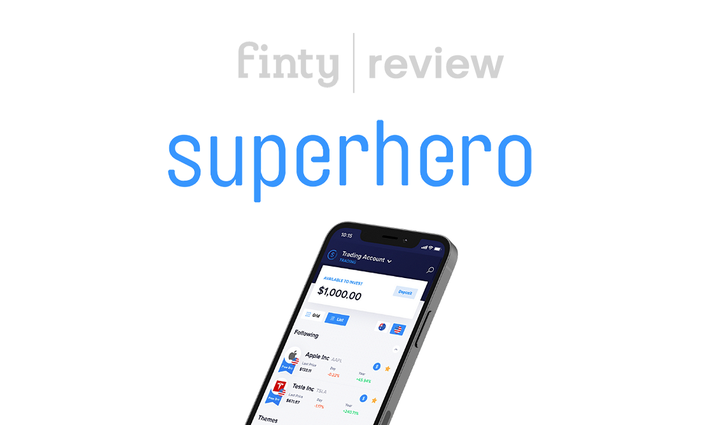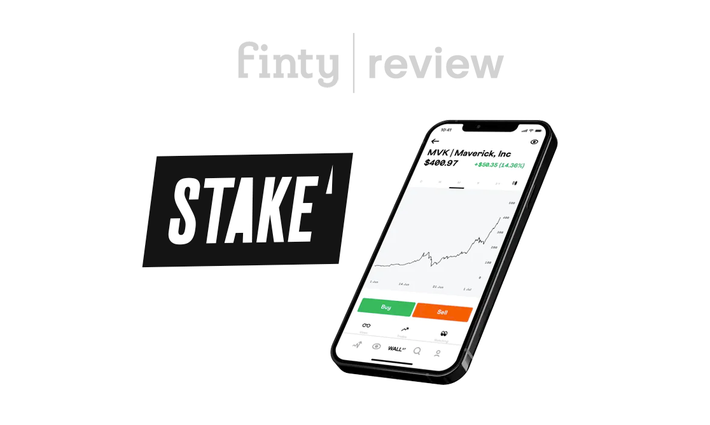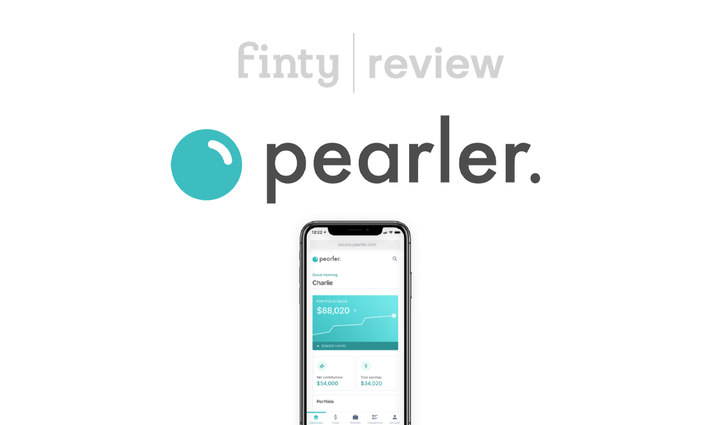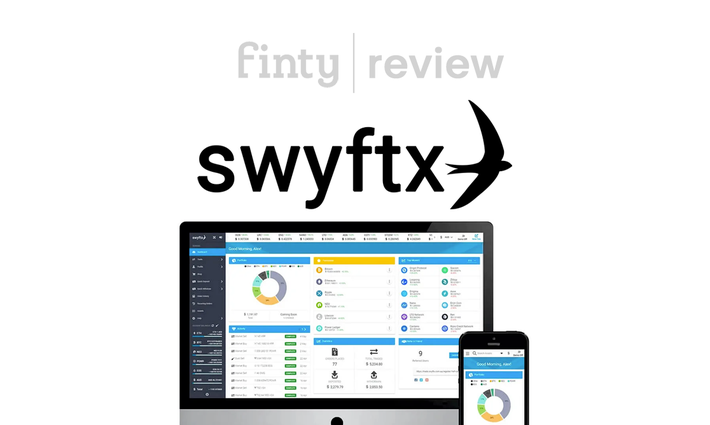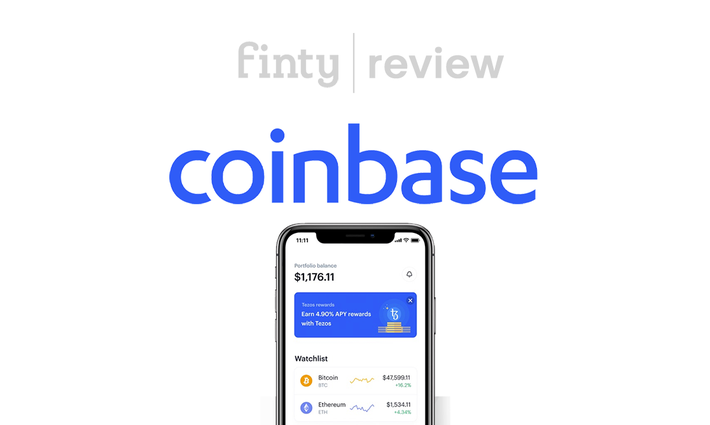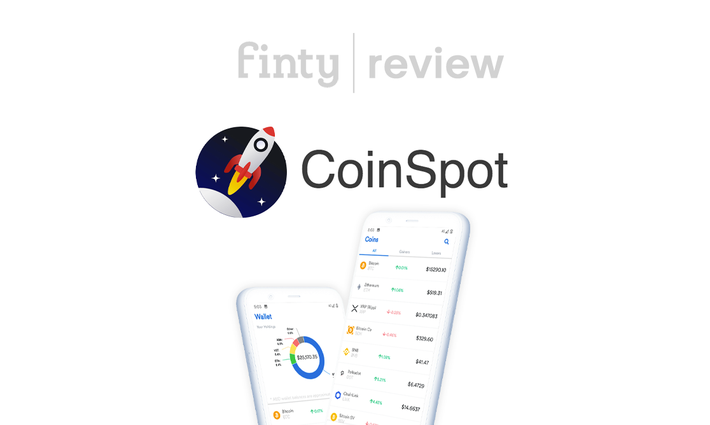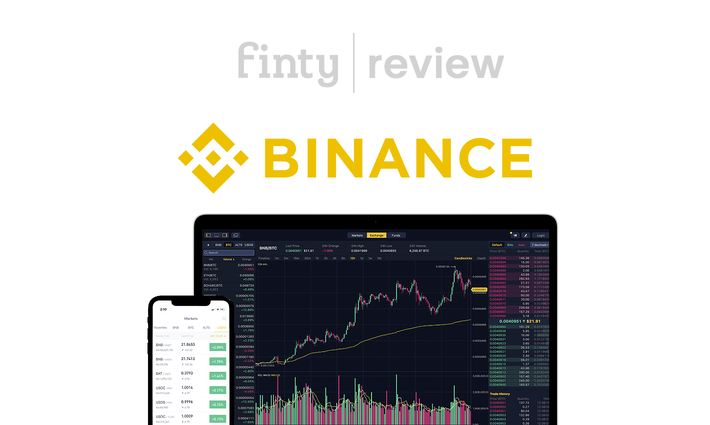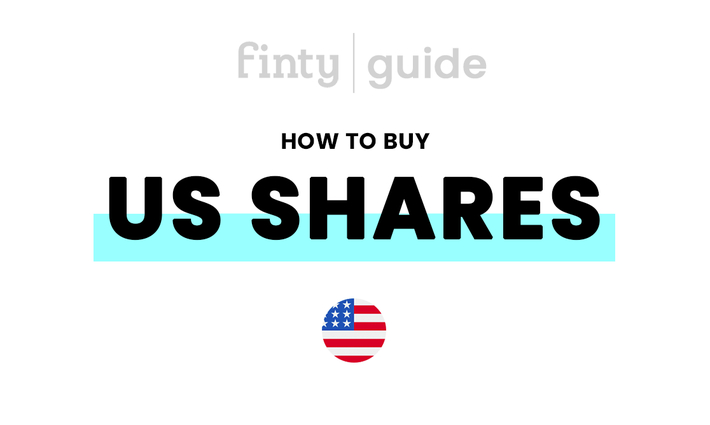The rewarding way to compare
As seen on
Stats at a glance
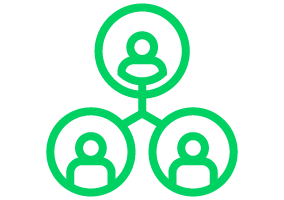
47,000+
Members and growing
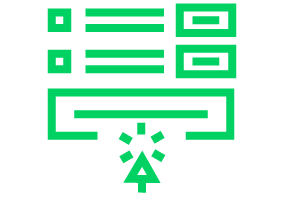
50,000+
Applications per year

Rated 4.8 out 5
Customer satisfaction
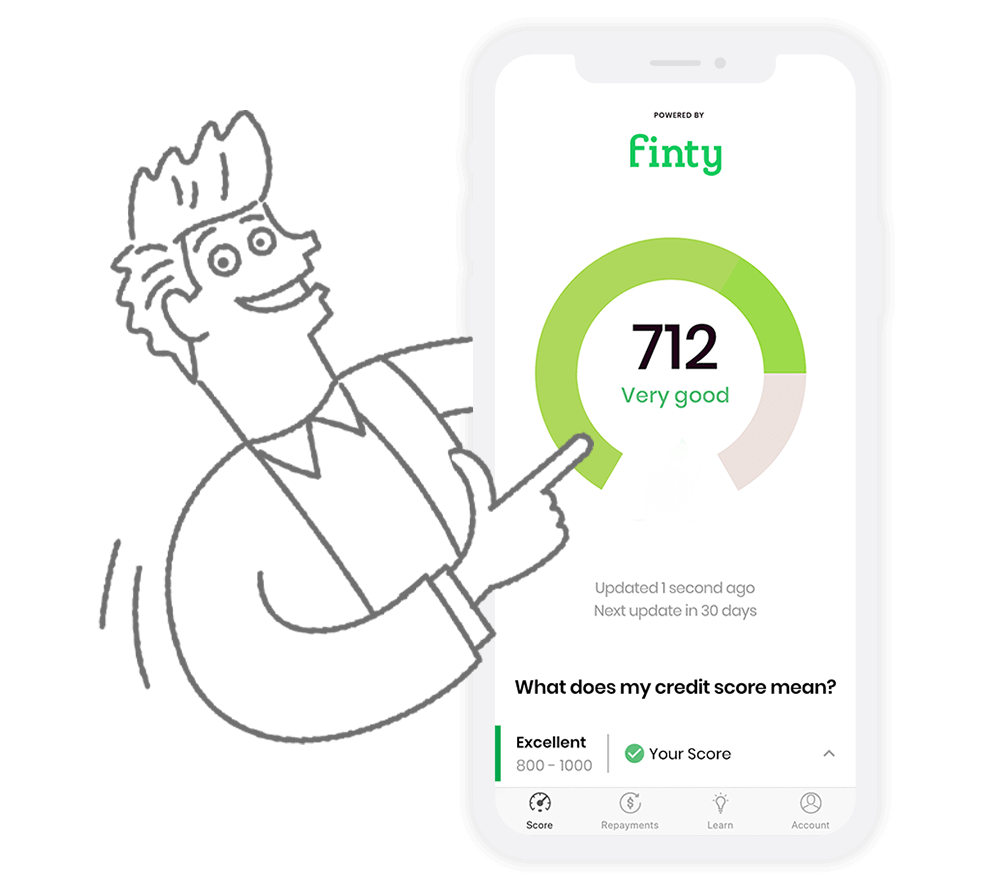
Track your credit score for free
Join more than 24,000 Australians and get your score today.
Protect yourself from identity fraud
Monitor your open accounts and repayments.
Avoid a nasty surprise
Get notified when your credit score changes.
Always with you
Check online or download the app.
Compare share trading platforms
Guides you’ll actually want to read & watch
Because nobody wants to be in the dark
Don't just take our word for it
Rated 4.8 out of 5 for customer satisfaction
